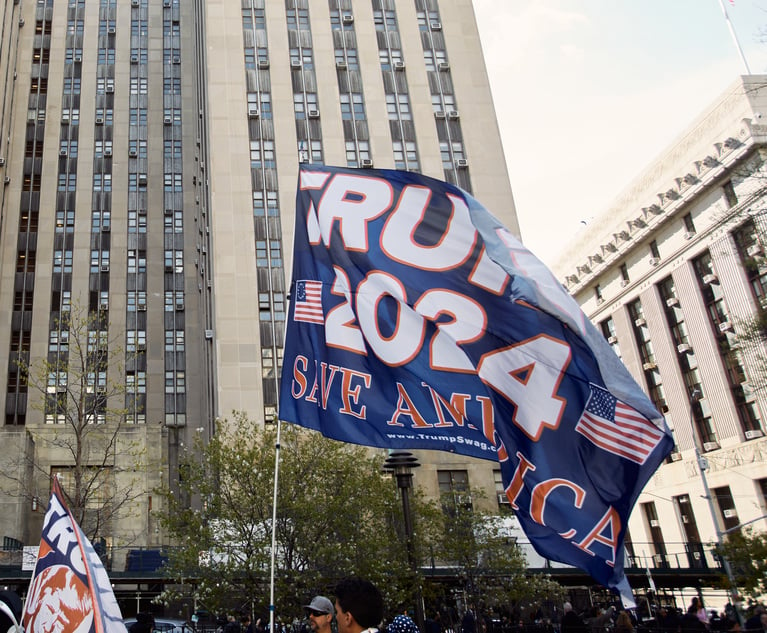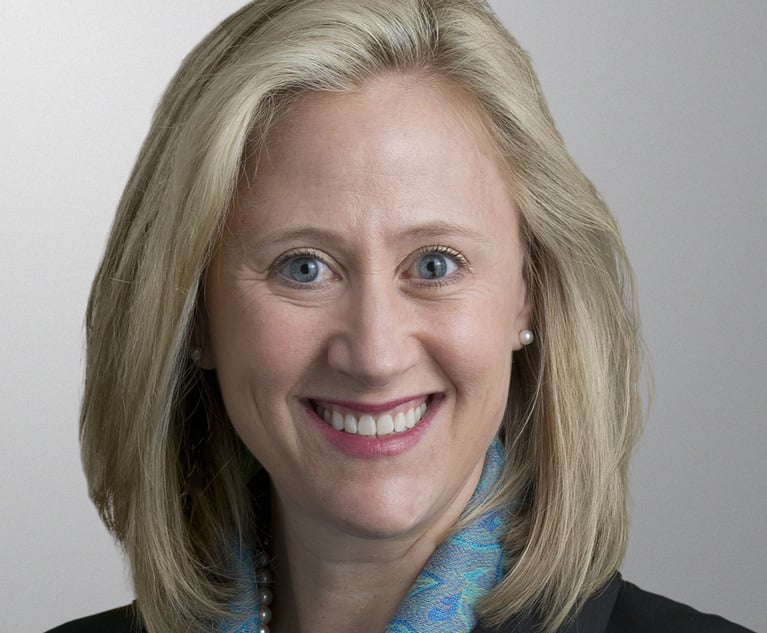 The COVID-19 pandemic sent unprecedented shockwaves throughout the world in terms of its impacts on human life as well as on financial and legal systems. One result of such impacts was New York state’s adoption of a moratorium against mortgage foreclosures and eviction proceedings to protect individuals and businesses from being dispossessed from their property during the pandemic. In response to this moratorium—and to avoid same—many commercial lenders began pursuing alternative foreclosure remedies based on “dual-collateral loans.” Such loans include a pledge of equity interests in the borrowing entity, on which lenders may pursue a private UCC sale—which sales were beyond the scope of the moratorium. Thus, commercial lenders began pursuing such private UCC sales as an alternative to seeking foreclosure through the court system. However, such UCC sales raise concerns about due process and public policy and have been challenged in the courts based on the ancient doctrine against “clogging” a borrower’s equitable “rights of redemption.” See, e.g., HH Mark Twain LP v. Acres Capital Servicing, 2020 WL 2857649 (S. Ct. N.Y. Co. 2020); Richard Favata and Bret Salzer, “Commercial Real Estate Finance and COVID-19,” 36 No. 5 Prac. Real Est. Law 26, 31-32 (September 2020).
The COVID-19 pandemic sent unprecedented shockwaves throughout the world in terms of its impacts on human life as well as on financial and legal systems. One result of such impacts was New York state’s adoption of a moratorium against mortgage foreclosures and eviction proceedings to protect individuals and businesses from being dispossessed from their property during the pandemic. In response to this moratorium—and to avoid same—many commercial lenders began pursuing alternative foreclosure remedies based on “dual-collateral loans.” Such loans include a pledge of equity interests in the borrowing entity, on which lenders may pursue a private UCC sale—which sales were beyond the scope of the moratorium. Thus, commercial lenders began pursuing such private UCC sales as an alternative to seeking foreclosure through the court system. However, such UCC sales raise concerns about due process and public policy and have been challenged in the courts based on the ancient doctrine against “clogging” a borrower’s equitable “rights of redemption.” See, e.g., HH Mark Twain LP v. Acres Capital Servicing, 2020 WL 2857649 (S. Ct. N.Y. Co. 2020); Richard Favata and Bret Salzer, “Commercial Real Estate Finance and COVID-19,” 36 No. 5 Prac. Real Est. Law 26, 31-32 (September 2020).
Indeed, in a recent case handled by our law firm, we obtained a temporary stay from the New York Court of Appeals of a scheduled UCC sale under a dual-collateral $17-million-plus loan based on such a clogging defense. The Court of Appeals ultimately dismissed the appeal on the ground the Appellate Division had not yet “finally” determined the case, however, the UCC sale was canceled and the case subsequently settled. See Case Montauk v. Montauk Cliffs, 37 N.Y.3d 1079 (2021).






